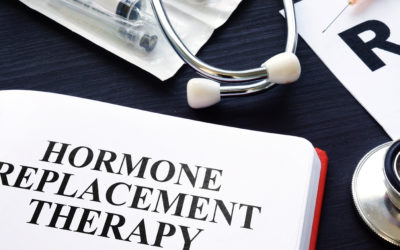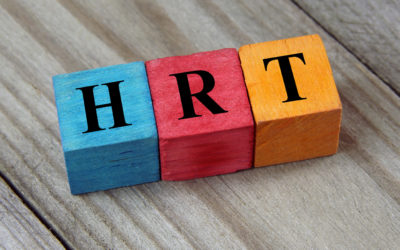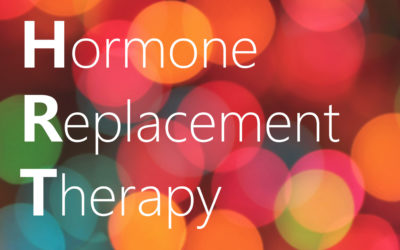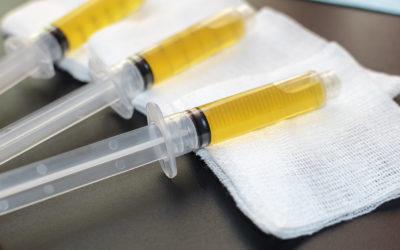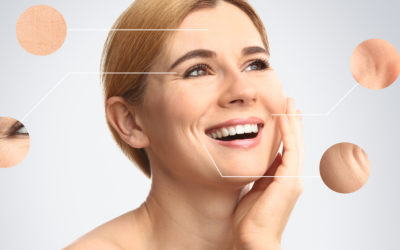Erectile dysfunction can occur due to issues at any stage of the erection process. An erection happens when blood flow to the penis increases. Sexual thoughts or direct contact with the penis usually stimulates higher blood flow. Muscles in the penis relax when a male is sexually excited. Therefore, blood flows better through the penile arteries, filling two chambers inside the penis. As the chambers fill will blood, the penis expands rigidly.
WHAT IS ERECTILE DYSFUNCTION (ED)?
Erectile dysfunction (ED) is the inability to maintain an erection firm enough to have sexual intercourse. Occasional ED isn’t uncommon. Many men experience it during times of stress. Frequent ED, however, can be a sign of health problems that need treatment. It can also be a sign of emotional or relationship difficulties that may need to be addressed by a health professional.
ERECTILE DYSFUNCTION CAUSES
There are many possible causes of ED, and they can include both physical and psychological conditions. Male arousal is a complicated process that involves the brain, hormones, emotions, nerves, muscles, and blood vessels. Erectile dysfunction can result from an issue with any of these. Furthermore, anxiety and mental health problems can aggravate ED.
In some cases, a mix of physical and mental concerns triggers erectile dysfunction. For instance, some physical problems such as diabetes and digestive issues can cause anxiety and prevent a male from maintaining an erection.
PHYSICAL CAUSES OF ERECTILE DYSFUNCTION
Some physical problems can cause or worsen ED. Common causes include:
- Cardiovascular disease
- Diabetes
- Hypertension, or high blood pressure
- High cholesterol
- Obesity
- Low testosterone levels, or other hormone imbalances
- Kidney disease
- Sleep disorders
- Alcoholism
PSYCHOLOGICAL CAUSES OF ERECTILE DYSFUNCTION
The brain plays an essential role in triggering the series of physical events that cause an erection such as sexual excitement. However, a couple of things can disrupt sexual feelings and cause or worsen ED. Some common causes are:
- Stress
- Anxiety
- Depression
- Relationship problems
- Low self-esteem
- Fear of sexual failure
ERECTILE DYSFUNCTION SYMPTOMS
Men may not always successfully achieve an erection, and if this rarely happens, it is not considered a medical problem. However, ED does not only refer to a complete inability to achieve an erect penis. Symptoms can also include struggling to maintain an erection for long enough to complete intercourse or an inability to ejaculate. There are often also emotional symptoms, such as embarrassment, shame, anxiety, and a reduced interest in sexual intercourse. A man is considered to have ED when these symptoms occur regularly.
ERECTILE DYSFUNCTION TESTS
Testing for ED can involve a variety of steps, including a physical examination and taking your health and sexual history. Additional tests may be performed to determine if your symptoms are caused by an underlying condition.
PHYSICAL EXAM
You should expect a physical exam where your doctor will listen to your heart and lungs, check your blood pressure, and examine your testicles and penis. They may also recommend a rectal exam to check your prostate.
PSYCHOSOCIAL HISTORY
Your doctor will ask you questions or request that you fill out a questionnaire about your symptoms, health history, and sexual history. The responses can help them evaluate the severity of your ED.
ADDITIONAL TESTS
- Ultrasound. An ultrasound can be used to examine the blood vessels of the penis to determine if there’s a problem with penile blood flow.
- Nocturnal penile tumescence (NPT) test. A portable, battery-powered device, worn on the thigh, is used to evaluate the quality of your nocturnal erections. Data is stored in the device, which your doctor can access later.
- Injection test. During this test, a medication is injected into your penis to stimulate an erection. This allows your doctor to evaluate the firmness of the erection and how long it lasts.
- Urine tests. Urine tests can be used to check for diabetes or other underlying health conditions.
- Blood tests. Blood tests can be used to check for conditions such as diabetes, heart disease, thyroid issues, and low levels of testosterone.
These tests can help your doctor guide your treatment for ED, as well as determine if an underlying condition may be causing it.
TREATMENT OPTIONS FOR ERECTILE DYSFUNCTION
LIFESTYLE CHANGES
Lifestyle changes can help reduce or improve erectile dysfunction. Some of these changes include being active and exercising. Some of these exercises are kegel exercises, aerobic exercise, and yoga. There are also some other changes that can help such as quit smoking, limit or stop drinking alcohol, and maintaining healthy body weight.
P-SHOT
The Priapus Shot (P-Shot) procedure begins with a localized numbing agent applied to the penis. While the numbing agent takes effect, the doctor will draw a small volume of blood from your arm. Then, they will place it in a device called a centrifuge device that spins down the blood to separate the platelets and growth factors from the rest of the blood components. The result is a highly concentrated PRP that is then carefully injected into the targeted area in the penis. Once injected, these blood-derived growth factors ignite the body’s unique tissue renewal process.
ERECTILE DYSFUNCTION TREATMENT IN LEXINGTON KY
If you suffer from erectile dysfunction (ED) or diminished sexual performance, you’re not alone. Dr. Fadi Bacha at the Anti-Aging Institute in Lexington, Kentucky, can help you regain long-lasting sexual function and endurance with the priapus shot. Call us today at (859) 274-0252 to schedule a free consultation with Dr. Bacha.


